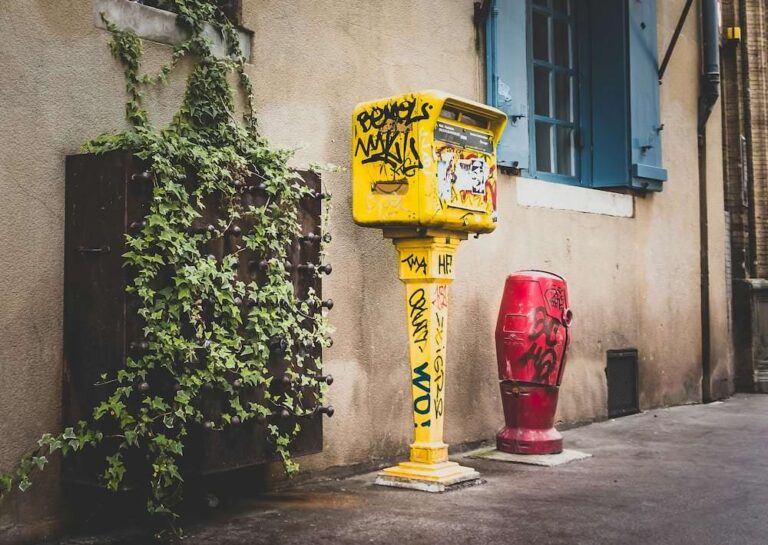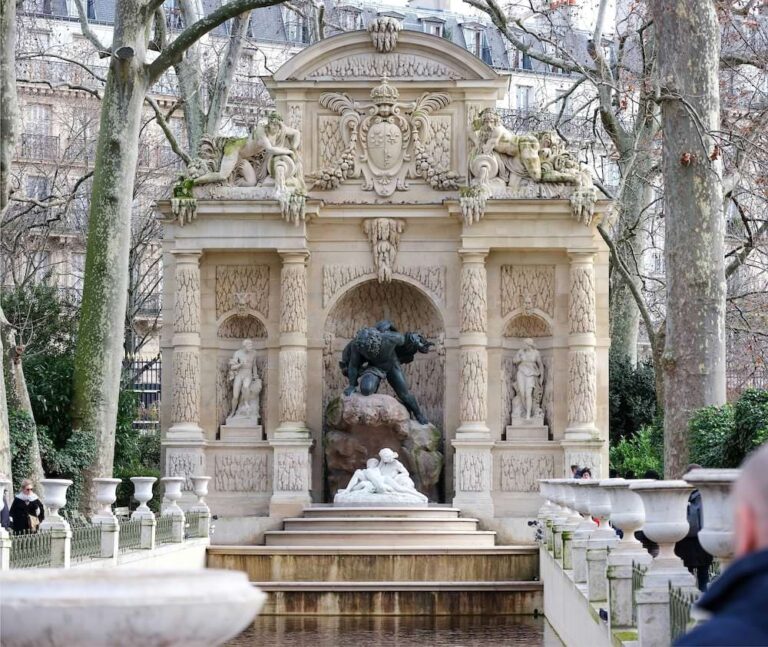après & avant
The French word “après” can function either as a preposition or as an adverb. It means “after” or “afterwards.” It is used before a noun, such as “après la pluie” (after the rain), or “après la guerre” (after the war). When it is used before a phrase containing a verb, the word “que” is added after “après.”
après que + indicative
When “après que” introduces a phrase containing a verb, the verb should be in the indicative. That is because the phrase is about something that has already happened. Therefore it is a fact, not a possibility, an uncertainty, an emotion or an expression of will.
- Je l’ai vue après qu’elle est rentrée du supermarché (I saw her after she came home from the supermarket)
Most native French speakers, however, use the subjunctive mood of the verb, rather than the indicative:
- Je l’ai vue après qu’elle soit rentrée du supermarché (I saw her after she came home from the supermarket)
That is because they confuse the phrase “après que” with its opposite, “avant que,” which does require the subjunctive. “Avant que” means “before,” or “before that.” It introduces a phrase which DOES contain uncertainty, which is why it needs the subjunctive.
So you have to ask yourself – do you want to speak like everyone else in France does, or do you want to be super grammatically correct?
avant que + subjunctive
- Je lui ai parlé avant qu’elle soit allée au supermarché (I spoke to her before she went to the supermarket)
- Aidez-la, avant qu’elle commette une erreur (Help her, before she makes a mistake)
“Avant que” requires the subjunctive in the phrase that depends on it, as in the above example.
avant que + ne explétif
- Je lui ai parlé avant qu’elle ne soit allée au supermarché (I spoke to her before she went to the supermarket)
- Aidez-la, avant qu’elle ne commette une erreur (Help her, before she makes a mistake)
Most correctly, “avant que” requires the “ne explétif,” which is a construction where the subjunctive is used with “ne” (but not with “pas” or any other negative word). It looks like a negative construction, but is not. The “ne explétif” has largely fallen into disuse in everyday speech.
après + past infinitive
How can you avoid the problem altogether? If you can’t remember whether to use the subjunctive or indicative after “après que,” use “après” and the past infinitive, as in the following example:
- Elle s’est allée au supermarché après avoir commandé le nouveau canapé (She went to the supermarket after having ordered the new couch)
This construction works only if the same person is the subject of both verbs in the sentence. It falls apart if there are two different subjects in each half of the sentence. In the latter case, après que + indicative/subjunctive must be used:
- Elle est allée au supermarché après que son mari a commandé le nouveau canapé (She went to the supermarket after her husband had ordered the new couch)






